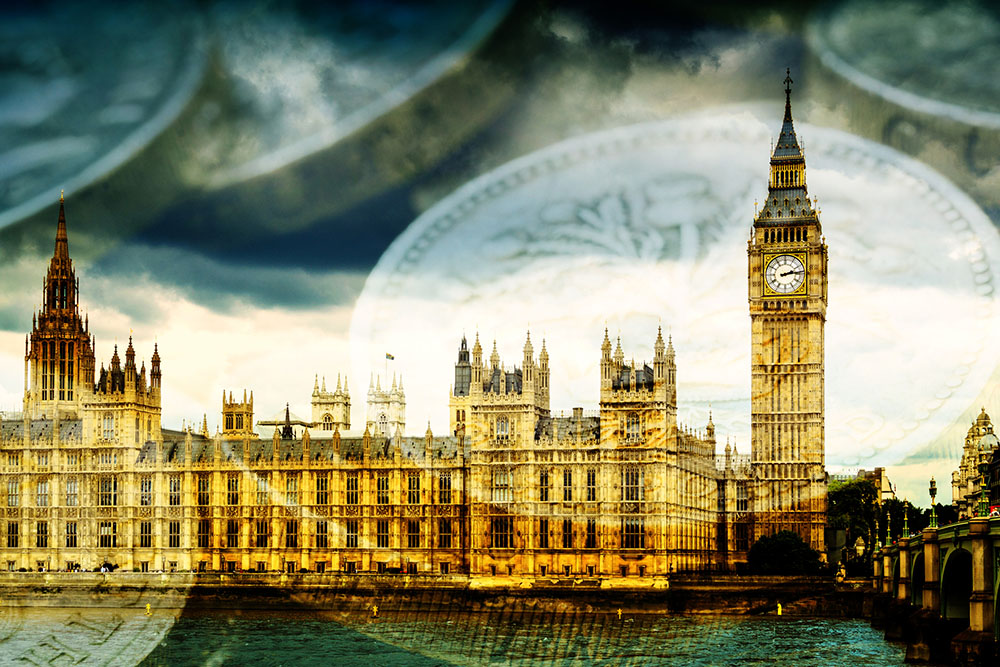Bure Valley Group is an investment introducer platform which links successful investors with exciting, innovative UK startups seeking funding. This content is for information purposes only and should not be taken as financial or investment advice.
Since its election, the new Labour government has often stated that it has inherited an economic “mess” from the previous Conservative administration. As a result, difficult decisions will need to be made in the Autumn Statement – possibly a tightening of fiscal policy.
However, is the UK economy performing as badly as the government says? What decisions have been taken to rectify the problems since Labour took office two months ago? Below, we explore these questions in more detail, exploring the possible implications for investors.
To learn more about our EIS projects and other early-stage opportunities, visit our portfolio page. For enquiries regarding our latest projects and funding, you can reach us via:
+44 160 334 0827
Labour’s economic inheritance
When Rachel Reeves stood up to deliver her first speech as Chancellor on 8 July 2024, she declared that a £22bn “black hole” had been found in the public finances.
Whilst certain details were new to commentators (e.g. the £6.4bn asylum overspend), the gap between government spending and tax revenues was clear to anyone who “dared to look” (as the Institute for Fiscal Studies put it).
The previous government could take some credit for bringing down inflation in 2024. In January, the CPI rate stood at 4% and gradually declined to 2% by the summer. However, the Bank of England (BoE) is largely responsible for UK monetary policy.
The Conservatives also presided over a growing economy over this time. GDP expanded by 0.7% in Q1 of 2024, followed by 0.7% in Q2. Whilst the quarterly figures put the UK in a favourable position relative to other countries in the G7, the bigger picture shows a slower growth rate in the UK since the pandemic.
Labour’s actions so far
So, it seems fair to say that the previous government left a lot for Labour to clear up in July 2024. However, all major parties were largely quiet about the state of the public finances leading up to the general election. Whoever won would need to make difficult fiscal policy choices, but nobody wanted to damage their position in the polls by saying it.
What has Labour done so far to put the country back on track? So far, policy decisions have been limited to two headline announcements – a £9bn public sector pay rise and a cut in the Winter Fuel Payment.
The latter has proven an unpopular move with voters, pushing Labour down in the polls. Chancellor Reeves estimates that it will save £1.3bn this year. However, the savings could be wiped out by a higher benefits bill if up to 850,000 pensioners suddenly start claiming pension credit (many pensioners who qualify do not do so).
The £9bn public sector pay rise (over 5%) largely follows the recommendations from independent pay review bodies. It was highly unlikely that the previous Conservative government could have sustained the 2% they budgeted for had they won the election.
The government seems to hope that recent pay rises will boost aggregate demand (i.e. economic growth), stave off strikes and address the recruitment and retention problem in important professions, like teaching.
A clearer picture of the government’s plans and implications should emerge by late October when the Autumn Statement is expected to announce important fiscal changes (e.g. tax rises).
What is necessary to “fix” the UK?
Our main political parties will offer different answers! However, assuming the UK’s inflation level is now mainly at/near the BoE target of 2%, there are two broad options: grow the economy or balance the books.
Economic theory suggests that the former should involve taking “expansionary” decisions on fiscal policy (e.g. cutting taxes and increasing spending) and monetary policy (e.g. more quantitative easing and cutting interest rates).
However, for all its talk of “going for growth”, Labour’s choices and signals so far suggest a more “contractionary” approach is likely over this parliament. This could involve higher taxes, lower public spending, reduced borrowing or a combination of all three.
Theory suggests this would dampen growth. If the government is not careful, deflation or recessions could even result.
Certain aspects of the UK economy have big issues and cost significant sums (e.g. “lavish” public sector pensions). However, the political capital required to address them makes successive governments hesitant to pursue key reforms.
A message to investors
Investors should keep a close ear to the ground about the markets and macroeconomic landscape in the UK over the coming months and years. Wisdom and discipline will be required to navigate shifting policy decisions, regulations and trends.
Early-stage companies can be a powerful tool in an investor’s wider portfolio strategy. When large companies react negatively to policy decisions (e.g. oil giants threatening to “leave the UK” over a threat of more windfall taxes), smaller businesses can offer investors a useful route to diversification and growth opportunities.
Invitation
Interested in finding out more about the exciting startup projects we have on offer to investors here at Bure Valley Group?
Get in touch today to start a conversation with our team and discuss some of the great investment memorandums we have available here:
+44 160 334 0827


